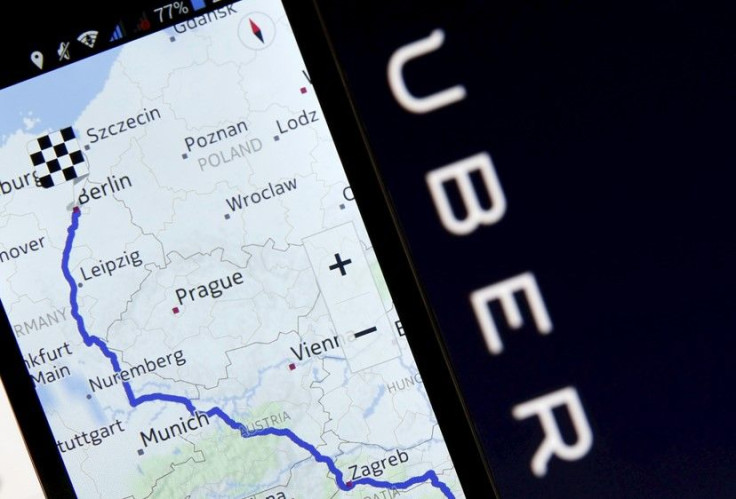NZ Transport Minister Simon Bridges threatens to ban Uber over safety compliance

Uber is in danger of being banned in New Zealand. Transport Minister Simon Bridges has warned the ride-sharing company to comply with New Zealand’s road laws or risk being banned.
In April, Uber no longer required driver to hold a “P” endorsement. This new vetting process, according to the company, is cheaper and more affordable for drivers. New Zealand’s licensing requirements cost drivers more than NZ$2,000 (AU$1,870) and take more than three months, while Uber’s system is just NZ$20 (AU$19) and takes six days.
“Our safe, fast and affordable screening process enables more Kiwis to access economic opportunities provided by ridesharing, while delivering the safety outcomes the travelling public want and expect,” a spokesperson from the company said (via NZ Herald).
However, by not requiring its drivers to secure a P endorsement, Uber is “mocking” the law. Bridges has threatened to ban the company if it fails to comply with the company’s safety laws.
P endorsement includes rigorous background checks, such police check, fit and proper person test, which looks at medical health and overseas convictions, and regular checks that the driver can provide transport service.
Since Uber doesn’t require its drivers the hold P endorsement, its driver hiring requirements are more lax. It vets drivers based on Ministry of Justice criminal record and driver licence checks.
“Clearly it’s an important matter,” Bridges said. “We want the law enforced and not mocked, as it frankly is being by some at the moment.”
The minister added that the New Zealand Transport Agency (NZTA) is looking into the potential banning of Uber in New Zealand.
“My advice to them for what it’s worth would be think very closely before you drive for Uber, certainly don’t be doing it if you haven’t got a P endorsement,” Bridges said, addressing Uber drivers.
In response, Uber said it is willing to work with the government to discuss a more favourable policy, one that would put customers’ safety first and make it possible for Kiwi drivers to share their rides in their spare time.






